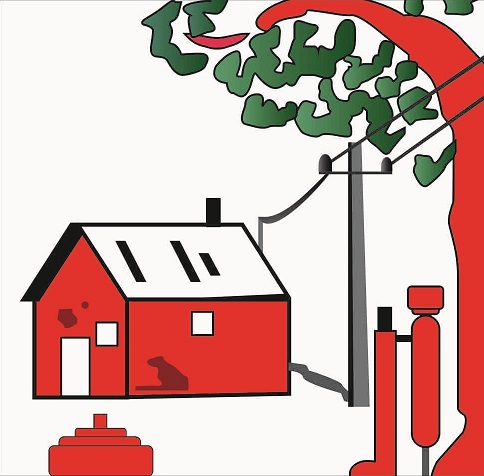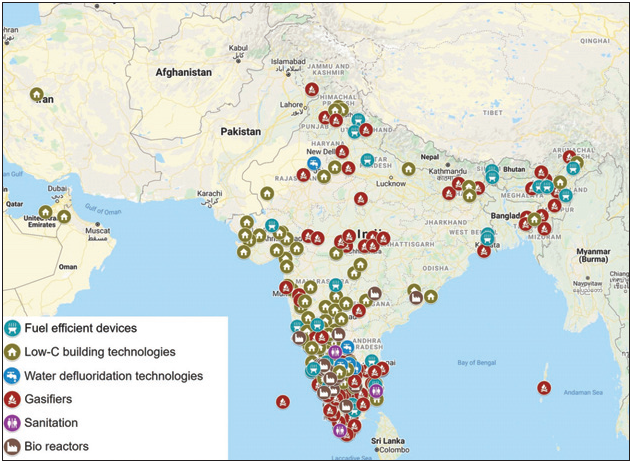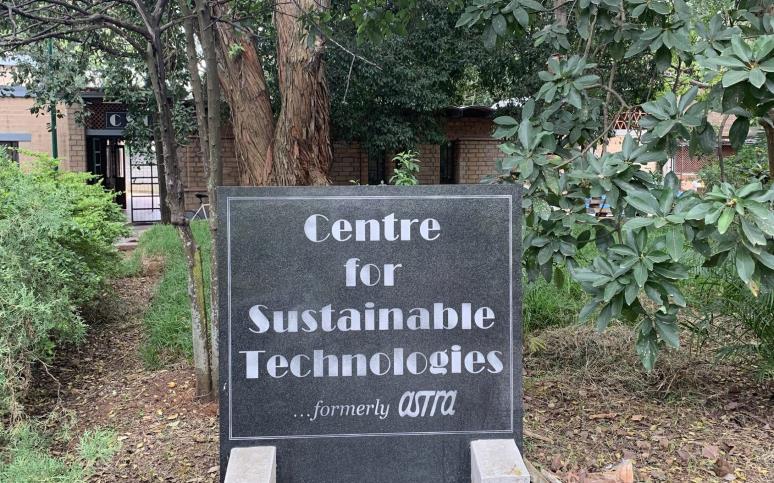


The Centre for Sustainable Technologies (CST) established as Centre for ASTRA (Application of Science and Technology for Rural Areas) in 1974, is IISc inter-disciplinary research and technology development centre for providing sustainable solutions to host of global concerns, primarily dealing with energy, buildings and environment. The Centre's focus is on promoting Sustainable Technologies tailored to suit local conditions of resource availability and habitation.

CST (formerly ASTRA), having always imbibed the adage that the world is a global village, is now increasingly evolving itself to address modern-day energy and environment needs. Keeping in mind current national and international issues of concern, the Centre has started research programs in MSc (Engg) and PhD covering a host of modern issues such as, converting industrial wastes into building products, tailoring clays to retain radioactive wastes, sustainable habitats/human settlements, climate-responsive architecture and planning, building-comfort studies in tropical regions, tsunami and earthquake resistant shelters and sanitation for near-coastal settlements, desalination and bioremediation of waste-water and decentralized energy planning and modeling.
